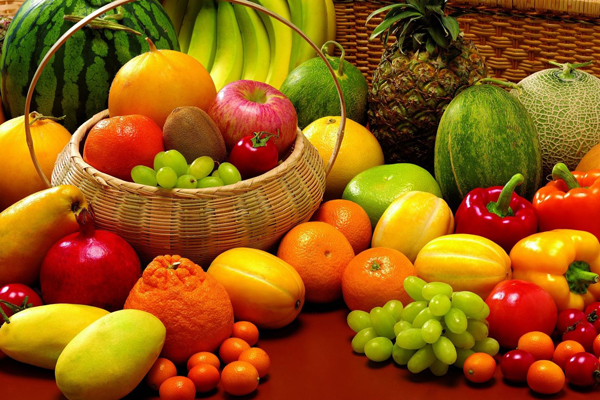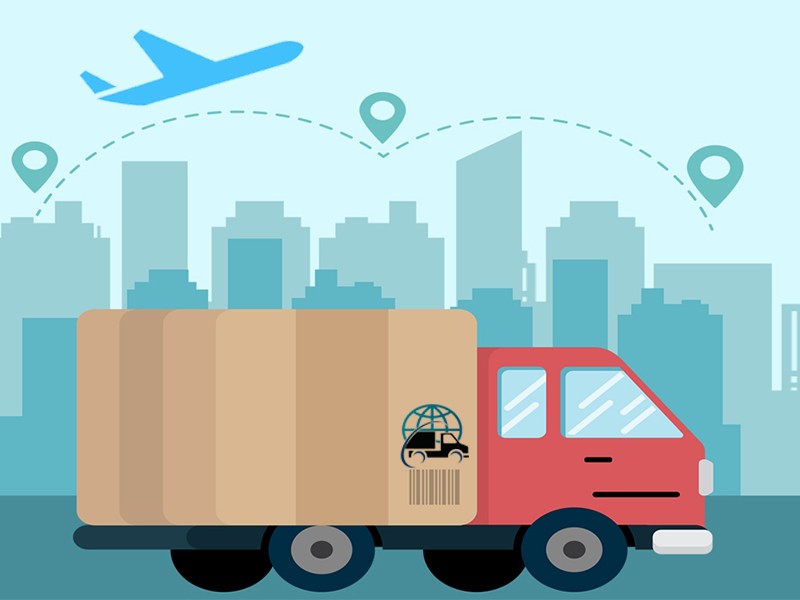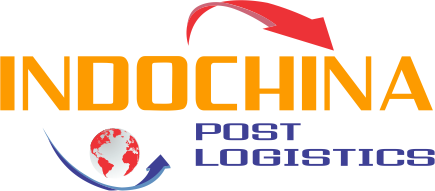The global trade in fruits has grown exponentially over the past few decades, with consumers worldwide seeking a diverse selection of fresh, flavorful, and exotic fruits. Vietnam, with its favorable climate and abundant fruit production, has become a key player in exporting a wide range of fruits to international markets. Among these markets, Australia stands out as a significant destination for Vietnamese fruits. This article explores the process of transporting fruits from Vietnam to Australia, shedding light on the challenges, regulations, and benefits of this vital trade.
Contents
I. Overview of Vietnamese Fruit Exports
Vietnam is a tropical paradise with a rich variety of fruits that are popular worldwide, including dragon fruit, lychee, longan, mango, and more. The country’s fruit exports have witnessed remarkable growth, contributing substantially to its economy. In recent years, Vietnam has enhanced its fruit production quality, meeting international standards, and gaining access to various global markets.
II. Key Vietnamese Fruits Exported to Australia
A. Dragon Fruit
Dragon fruit, known for its vibrant pink skin and sweet flesh, is one of Vietnam’s leading fruit exports to Australia. The country has successfully negotiated with Australian authorities to allow the import of this popular fruit.
B. Lychee
Vietnamese lychee, especially the “Bac Giang lychee,” has gained a reputation for its unique taste and quality. Australia permits imports of Vietnamese lychee but imposes strict regulations to prevent pest and disease risks.
C. Mango
Vietnamese mangoes have made their mark in the Australian market. Varieties like “Nam Doc Mai” and “Xoai Cat Chu” are highly sought after by Australian consumers.

III. Transporting Vietnamese Fruits to Australia
A. Packaging and Quality Control
Proper packaging is crucial to ensure the fruits remain fresh during transportation. High-quality packaging materials, such as cartons and foam sleeves, protect the fruits from damage and maintain their freshness. Vietnamese authorities, in collaboration with exporters, enforce strict quality control standards to ensure that only high-quality fruits are exported.
B. Phytosanitary Regulations
Australia has strict phytosanitary regulations to safeguard its agricultural industry. Fruits must undergo rigorous inspections and treatments to eliminate potential pests and diseases before shipment. Vietnamese exporters must obtain necessary permits and certificates to comply with Australian quarantine requirements.
C. Transportation Methods
Fruits are typically transported from Vietnam to Australia via refrigerated containers to maintain optimal temperature and humidity levels. Sea freight is a common choice, but air freight is also used for certain high-value and time-sensitive shipments.
D. Logistics and Documentation
Managing the logistics of fruit transportation is a complex process that involves coordinating with shipping companies, customs brokers, and transport services. Proper documentation, including invoices, certificates of origin, and phytosanitary certificates, must be prepared accurately to facilitate the smooth passage of fruits through customs.
IV. Challenges and Risks
A. Seasonal Variations
The seasonality of fruit production in Vietnam can pose challenges in maintaining a consistent supply to Australia throughout the year. Vietnamese exporters need to plan and manage their shipments carefully to meet Australian market demands.
B. Strict Quarantine Measures
Australia’s rigorous quarantine measures aim to protect its agricultural sector. Any deviation from these measures can lead to the rejection of shipments, causing financial losses to exporters.
C. Competition and Pricing
Vietnamese fruit exporters face competition from other countries in the Australian market. Pricing and quality play a vital role in maintaining a competitive edge and securing a stable customer base.

V. Conclusion
Transporting fruits from Vietnam to Australia is a lucrative yet challenging endeavor that requires meticulous planning, adherence to regulations, and a commitment to quality. With the growing demand for Vietnamese fruits in Australia, this trade has become a vital component of Vietnam’s agricultural exports, benefiting both nations. However, it also highlights the importance of continuous cooperation between Vietnamese exporters, Australian authorities, and other stakeholders to ensure the safe and reliable transport of these delicious fruits across the oceans.
Transporting goods through Indochina Post can offer several key benefits for businesses and individuals using their services. Here are some of the main advantages of using Indochina Post for the transportation of goods:
- International Network: Indochina Post boasts an extensive international transportation network, connecting with various countries and regions across the globe. This makes transporting goods between countries straightforward and efficient.
- Service Quality: Indochina Post typically commits to providing reliable and high-quality transportation services. They can monitor and manage shipments in detail, providing information on the status of the cargo during transit.
- Flexible Options: Indochina Post often provides various transportation options, including sea, air, and land transportation. This allows shippers to choose the most suitable mode of transport according to their specific needs.
- Customs Handling: Indochina Post typically assists customers in handling the necessary customs procedures to ensure that goods are smoothly and trouble-free processed at border checkpoints.
- Customer Service: The company usually offers professional customer service to address any queries and concerns related to transportation services. This enhances convenience and trust for service users.
- Time and Resource Savings: Using Indochina Post’s services can reduce the burden of managing and transporting goods for businesses and individuals, allowing them to focus on their core activities.
- Safety Assurance: Indochina Post generally adheres to safety and security standards during the transportation of goods, ensuring that they are not damaged or lost in transit.
However, the choice of a transportation company depends on your specific needs, the type of goods, the scale of transportation, and your budget. Before selecting a transportation company, it is advisable to explore multiple options and engage in discussions with service providers to ensure that you choose a partner that suits your requirements.

